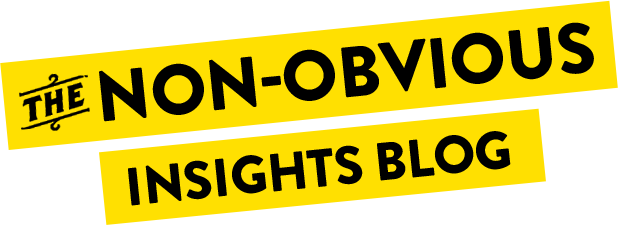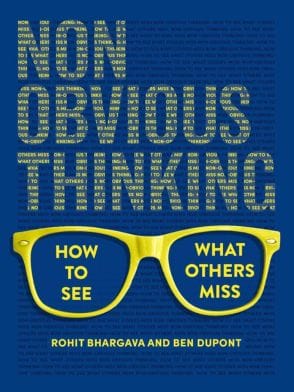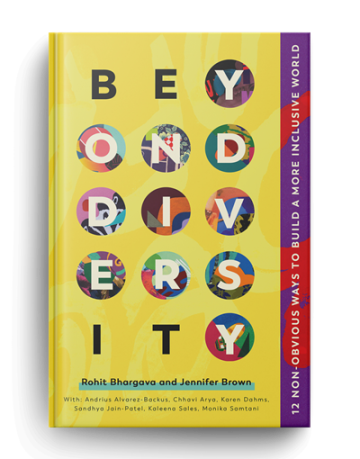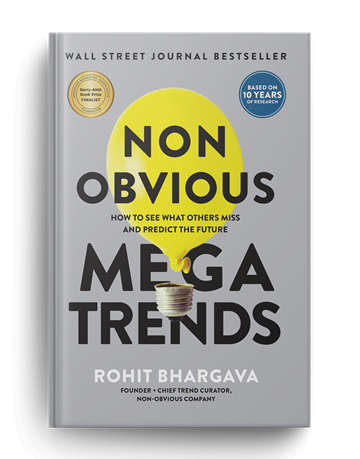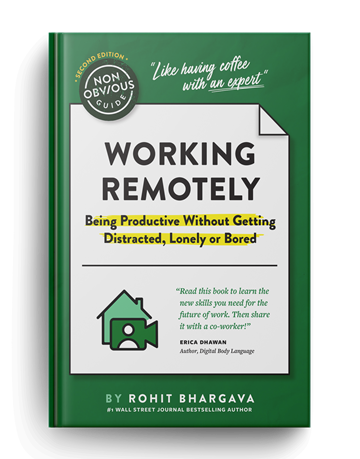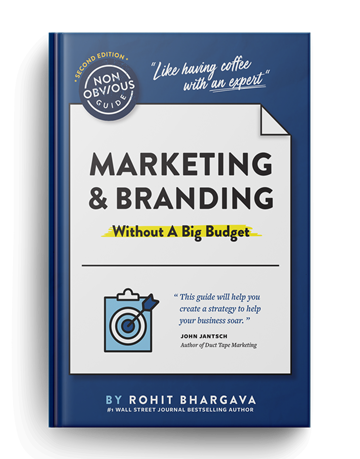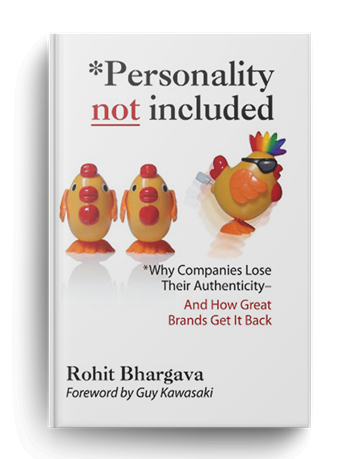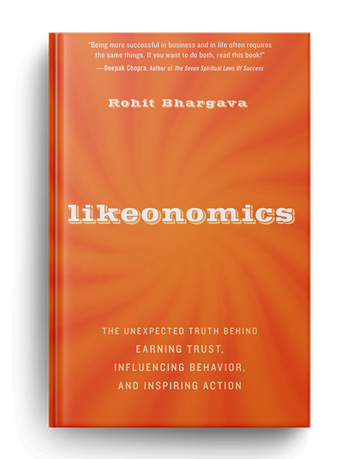Earlier this year, an issue of Fast Company magazine featured an interesting article by Chip and Dan Heath talking about the art of brand names. They focused on Lexicon, one marketing agency with a track record for creating iconic brand names like Blackberry and the Colgate Wisp. The process they uncovered is part science, part serendipity – but it wa a telling exploration of an effort that for many large businesses is worth pouring months of time and millions of dollars into. If you have heard any of the stories of research that went into Microsoft’s quest for the perfect name for their new search engine (which is now called Bing), you’ll already know this phenomena well.
How much time and money did you spend identifying the name you were going to use for your business? Perhaps the name came to you and you always knew in your head what you would call it. Or maybe you asked dozens of people and spent a long time going back and forth about it. However you ended up where you are, that process has likely come and gone – and this is not a post about convincing you to change the business name you already have.
Instead, you should ask yourself if you really know what your brand name is saying about your business? Many potential customers will likely hear the name of your business before they hear anything else. And once they hear that name, they are likely to have a first reaction to it. In my experience, there are five methods small business owners typically use to choose a business name.
To help you get the most out of your brand name, here is a list of 5 different brand naming methods, along with some potential benefits that you should aim to leverage if your small business name was chosen based on one of these types:
1. Familial (Example – Clark & Coleman Legal Offices). Some of the world’s greatest companies like Ford and Dyson started this way – simply by taking the name of their founder. If your business fits this model, chances are you have a strong personality at the head of the company. This person is likely the voice of the company and will give people a personal connection to the business. The more opportunities you can create for potential customers to relate to this individual, the more business you will likely be able to do.
2. Logical (Example – Fix-It-Fast Plumbers). Logic is a great and sometimes underrated way to name a business. Next Day Blinds is one great example of this, and if your business was named with this in mind – the biggest benefit you likely have is that it is immediately obvious to anyone who hears your name what kind of business you are in. Use every chance you can find to remind people about your business by promoting the name. Put it on the side of your business truck. Repeat it often on your website. The more you can establish an ownable brand around the distinctively logical name you already have, the more customers you can draw.
3. Thematic (Example – Nirvana Indian Restaurant). A theme can evoke an emotion for an entire category. Restaurant owners tend to be particularly active at using this type of brand name to describe their establishment. The added benefit of this is that more than most other types of names, going with a theme provides you with a canvas from which to create an entire experience for your customer. In that way, the theme gives your business the chance to fit multiple pieces together to offer unexpected value and a more complete experience to your customers.
4. Localized (Example – Cedar St Hardware Store). Clearly the most important aspect of a name like this is location, location, location. By using a specific location in the name of your business, you have highlighted that your location is going to be a key reason for customers to visit you. Much of the value you can gain from this, then, is by having smart ways to reach out to potential customers who are already close to the location you want them to be at.
5. Random (Example – The Blue Frog Wedding Catering). For some businesses, having a unique name is the most important thing – simply because the name can help you to stand out and be memorable. If you have a name like this, chances are you have focused on creating a logo or visual version of the name that you want to be recognizable in your industry. Consistency is the key to making a name like this work for your business. Make sure you use it on all your printed materials, that it is repeated often and that it is integrated into everything that you do.


